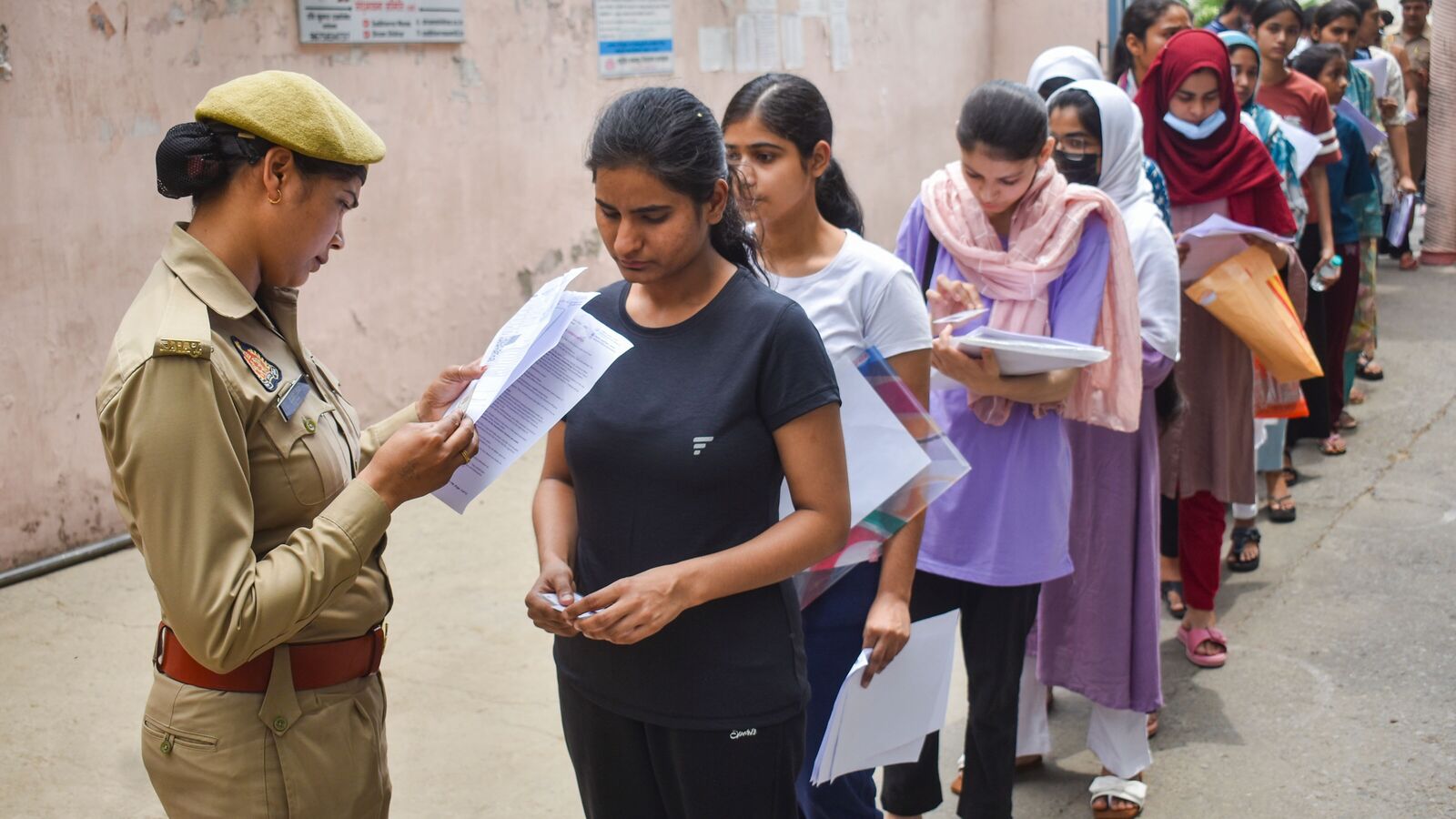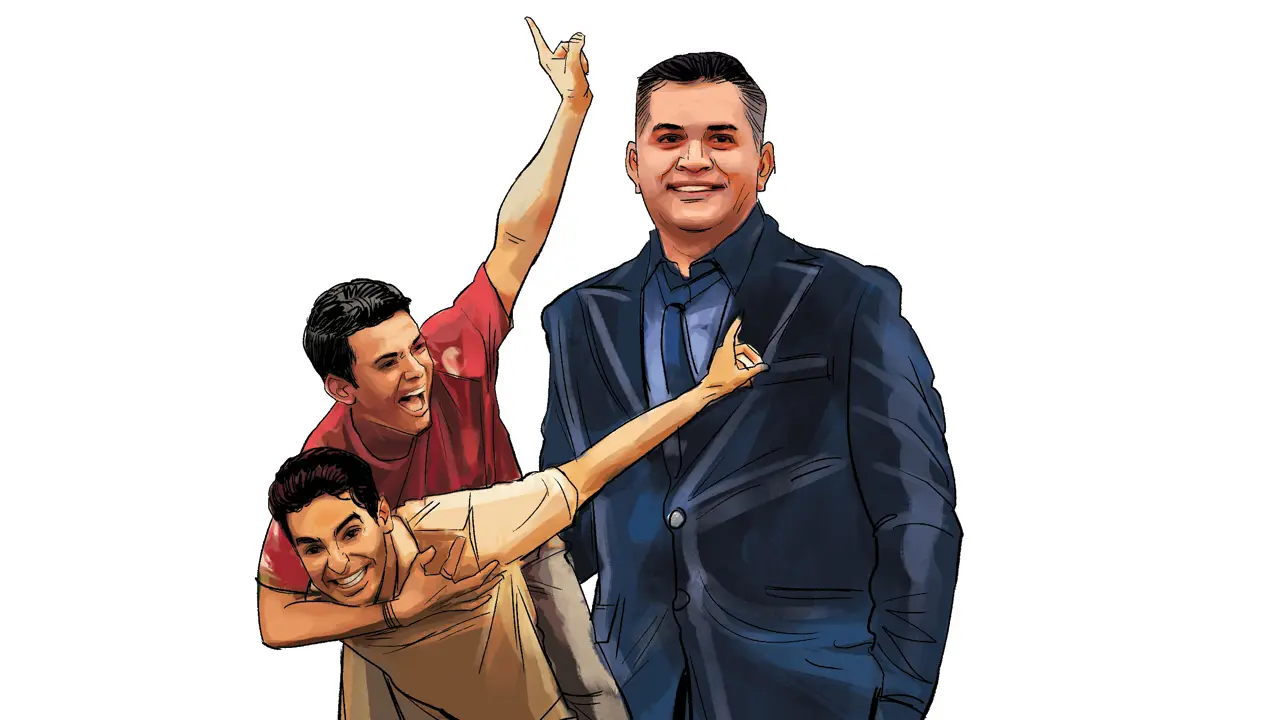[ad_1]
The above passage may need to be kept in mind while reviewing the draft guidelines for appointments and promotion of faculty in universities/faculties, by the Universities Grants Commission (UGC), has predictably created a buzz around the country. While teachers associations and university leaders have been vocal in their reactions over some of the provisions calling the guidelines too subjective and seeking to move away from established practices, States like Tamil Nadu have promised to seek legal remedy over the guidelines giving primacy to the Chancellor-Governor in Vice Chancellor selection/appointment process; and relegating the role of States in the process.
The “Draft Regulations on Minimum Qualifications for Appointment and Promotion of Teachers and Academic Staff in Universities and Colleges, and Measures for the Maintenance of Standards in Higher Education, 2025”, aim at enhancing educational quality by establishing clear criteria for faculty appointments and promotions.
Key highlights of the draft guidelines
Eligibility criteria: The draft specifies minimum qualifications for various academic positions, including educational credentials, research experience, and other relevant criteria.
Promotion guidelines: It outlines the requirements for career advancement, emphasizing performance metrics, contributions to academia, and adherence to institutional standards.
Quality assurance measures: The regulations propose mechanisms to maintain and elevate teaching and research standards across higher education institutions.
The UGC has sought feedback from stakeholders to refine these guidelines, ensuring they effectively address the evolving needs of the educational landscape.
Vice Chancellor appointment
While the draft talks of an entire range of appointments to universities and the minimum standards and qualifications from assistant professors right up to the highest offices in any higher education institution or university, this article limits itself to offer insights and commentary only on the position of Vice Chancellor, which is deemed the highest office in any university.
Addressing the issue of “Selection Procedure for the Appointment of Vice-Chancellor in Universities”, the draft lays down the following:
“A distinguished person possessing high academic qualifications and demonstrated administrative and leadership capabilities, strong alignment to constitutional values, strong social commitment, belief in teamwork, pluralism, ability to work with diverse people, with a flair for innovation and a global outlook in higher education, along with the overall vision of the institution and abilities to manage complex situations with a minimum of ten years of experience as a Professor in an HEI or at a senior level in reputed research or academic administrative organizations or at a senior level in industry, public administration, public policy and/or public sector undertakings, with a proven track record of significant academic or scholarly contributions, shall be eligible to be appointed as Vice-Chancellor.
The selection for the Vice-Chancellor post shall be through an all India newspaper advertisement and public notification. Applications can also be sought through nomination or a talent search process by a Search cum Selection Committee.
In a departure from earlier regulations, the draft guideline seeks to look beyond traditional academics for the post of a V-C and this perhaps also signifies how the role of a V-C is changing rather fast in an era marked by digital transformation, open flow of information through non-traditional media, and the increasing issues around state funded higher education system. The role of State governments in this issue is a separate debate, which this article, does not address.
Ramkumar Ramamoorthy, who has served as a corporate leader (of India’s top private sector employer), and also as a teacher and academic administrator, says higher education is today a composite of teaching, research and consultancy. At a time when many HEIs have become only teaching institutions, and breakthrough research in India has become a preserve of the industry, academicians need to look beyond traditional systems for the top post of an HEI.
While, a V-C has to be a strong academician and intellectual leader, today’s role of a university head goes beyond academic activity. The V-C also needs more capabilities for making the university vibrant, sustainable and economically viable.
“The Vice Chancellor’s post has become almost entirely external facing … be it raising funds, working with corporates for funding, research and student recruitment, working with government funding agencies,” says Dr S Sadagopan, a distinguished academic, former V-C of IIIT- Bengaluru, and who also advises and consults government and private sector for research, development and corporate strategy.
While the idea of selecting and appointing a V-C from outside the academic system is yet to take shape, Dr Sadagopan notes that academic leaders have become successful in corporates in several countries especially in the U.S.
Today, it is no longer a mere narrative that State funding of higher education has not grown in proportion to the rise in the demand for higher education, as millions of new students enter university portals from outside the traditional swaths of population. First generation learners are more than 50 percent in many of the State funded universities because of the low economic barrier for entry. However, most of the State universities are not ideally managed, in the sense the administrative and governance systems remain in 19th century mode and approach.
A truism: no matter the size of the University, fundraising plays an outsized role in the V-C’s job. The question is how many from the traditional academic system are ready for it.
In India, the role of registrar or Rector is donned by academicians from university systems but the question is their role remains complementary or subservient to that of the university’s chief executive, namely the Vice Chancellor. Civil servants have taken on the role of Registrars or equivalent jobs in universities, but the present system does not create V-Cs with the acumen for fund-raising and making the universities viable. Their 3 – 4 year tenure could be partially blamed for the situation.
A study by Deloitte University in the U.S. about six years ago showed that “fundraising/ alumni relations/donor relations” and “strategic planning” rank as the most important responsibilities in the university head’s day-to-day. Fundraising, in particular, is essential from a president’s first day in office, according to the survey, and only grows in importance over time in the position.
It is here that highly qualified industry leaders, with a long experience in business and have played key roles in training, learning and development in corporates, can make a difference. “It is possible that academic and intellectual capability can come not only from university systems, but also from industry,” argues Ramkumar. He says there are several researchers and technology leaders in industry who have spent time both in research as well as publishing research papers and gained patents as part of the work.
The more important question to ask is: Would search committees of universities look beyond traditional academic systems and also take the risk of appointing them as V-Cs? Going by the reaction so far for such forward looking reforms, it is clear academicians bristle at such a prospect.
But if the Indian university system must move beyond mere teaching systems and look to create a robust research and industrial consultancy apparatus (which truly is the role of a university), it needs new blood. Perhaps an ideal candidate would be one with about 30 years of industry experience but his or her experience encompasses a long tenure in skilling, training, people development, or has done technology/research roles with publications and patents to boot.
In other words, the 21st century Vice Chancellor is a strategist, a fund-raiser, a networker and a great storyteller, combined with financial acumen and academic / intellectual integrity. And, of course, he has resilience to navigate the minefield of present-day State universities.
Published – January 13, 2025 07:43 pm IST
[ad_2]
Source link





